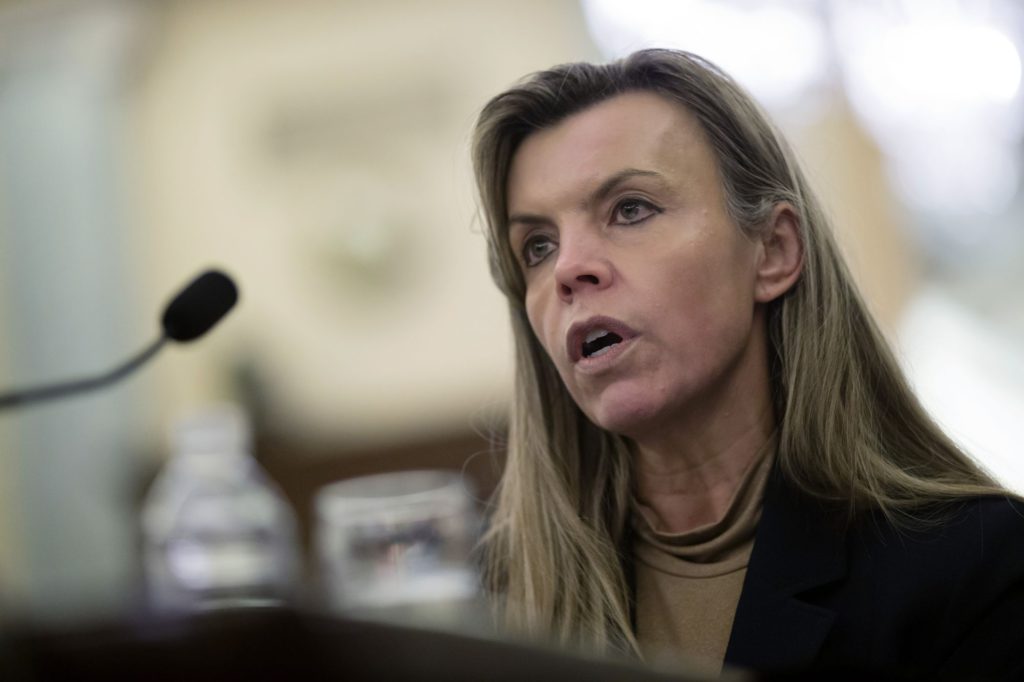(Bloomberg) —
Just when it seemed a little too quiet around Apple Inc.’s car project, another auto industry hire has the car and tech industries buzzing again.
Last week, Keith Naughton and I broke the news that Desi Ujkashevic, a 31-year Ford Motor Co. veteran, joined the iPhone maker’s car team. Ujkashevic is the highest-profile move to Apple under the division’s current leader, Kevin Lynch. It’s the surest sign in several months that Apple is pushing ahead with its vehicle efforts, undeterred by a series of setbacks.
The project has been in flux for more than a year amid several executive departures, most notably that of Doug Field, who ran the operation prior to leaving in September. Field started at Apple in 2008, left for Tesla Inc. in 2013 and returned to Apple in 2018, after a rocky period in which the world’s most valuable company paused car development to focus on self-driving software.
Field evidently decided trying to turn Ford into an electric-vehicle powerhouse would be a more worthwhile task than attempting to launch Apple’s next big thing. He was the fourth executive to run and then leave the vehicle program in a six-year period.
The move immediately cast doubt on Apple’s automotive plans. A car is one of a few future product categories under development by the Cupertino, California-based technology giant, and one that most analysts and investors agree gives the company the best opportunity to future-proof its revenue and profit growth. So Apple put a known commodity in charge: Lynch, who had joined from Adobe Inc. in 2013 and led development of the Apple Watch’s software and health features.
A smartwatch is a complicated product, but it’s far from as complex as a car. Apple can only succeed if it brings in expertise from the auto world — individuals like Ujkashevic who actually know something about shipping a vehicle.
A regular rotation of hires and departures have marked Lynch’s tenure so far. Apple has brought on a few dozen engineers from both established and startup auto companies in recent months, including Tesla, Rivian Automotive Inc., Argo AI, Alphabet Inc.’s Waymo, Mercedes-Benz AG and Volvo Car AB. The additions of Ulrich Kranz in June 2021 and Stuart Bowers in 2020 were met with mixed reactions. The former used to run startup Canoo Inc., and the latter was an engineering vice president at Tesla working on Autopilot software for less than a year and a half.
Ian Goodfellow, a well-known researcher in the artificial intelligence community, left Apple last week. Goodfellow led some machine learning teams for the car project, including one based out of Zurich. He told colleagues he was leaving over Apple’s return-to-work policy. Many others, including the car project’s hardware chief and senior engineers, also have bolted.
There’s plenty of reason to believe an Apple car is still in the works, at least in some form. But as has been the primary challenge almost from the start, aside from the Field years, the car project has lacked strong leadership and vision from the car world.
An Apple-designed electric car that syncs well with the Apple ecosystem and brings new-age bells and whistles would be an especially competitive rival to Tesla, Lucid and Rivian. While Apple has privately aimed for a debut by 2025, the company needs to prove it can both hire and retain talent from the auto world. Otherwise, Apple is likely to keep putting off or scaling back its ambitions for the sector.
Like getting this newsletter? Subscribe to Bloomberg.com for unlimited access to trusted, data-driven journalism and subscriber-only insights.
More stories like this are available on bloomberg.com
©2022 Bloomberg L.P.











